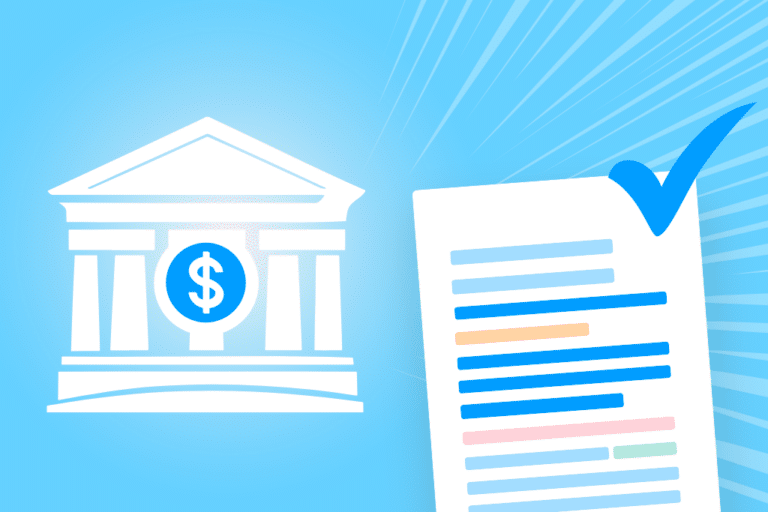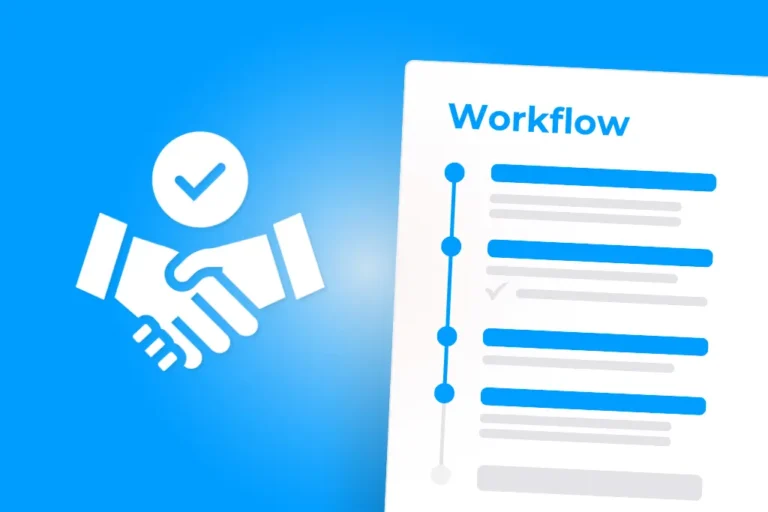The Chief Data Officer is now indispensable in the C-suite. Tasked with leading the data-driven transformation of their organisations, they are increasingly facing a wider scope of responsibilities. But with challenge comes opportunity. In 2010, Gartner recorded just 15 CDO’s globally but during their last survey in 2018 counted over 4,000. But what is more, is that by end of 2019, 90% of global organisations are forecasted to have a CDO.
What do you need to know about the CDO?
The importance of leveraging data for organisations is indisputable. For scale, the world produces 2.5 quintillion bytes of data a day, while 90% of data in the world today was created in the last two years. Worldwide, every minute of the day 103,447,520 spam emails are created. Previously the mandate of the CDO was to take charge of how their company utilises this information, for example, data processing and data mining while remaining responsible for enterprise wide governance. Yet this role is changing. Industry experts are in agreement that the role is growing in scope owing to the significance of data for making informed business decisions at every level.
CMO of MicroStrategy, Mark Gambil, in conversation with Forbes magazine outlined the increasing value of the position compared to other executives in the C-suite, “The CDO is charged with providing decision-ready data to other executives to improve cycle times and cost on project considerations”. “This knowledge, he says, “should influence decision-making”. From this role, other executives can benefit hugely from tangible business value that comes with this knowledge. The data leveraged and carefully considered by the CDO can enhance, streamline and better define everyday decisions for the entire organisation, fluidly.
It is also clear that the function of the CDO will become increasingly key for organisations unable to analyse their data strategically in a data centric world. According to the Harvard Business Review, ‘less than 1% of unstructured data is analysed or used at all’. For global organisations this is a huge disadvantage. What is more, the same research noted that 70% of employees have access to data they should not have. CDO’s add intrinsic value to companies by unknotting these kinks.
Hybrid-role
By the close of 2019 90% of global organisations will have a CDO. The leading research firm also predict that by 2021, ‘the office of the CDO will be as mission critical as finance, human resources and other support services’. The Chief Data Officer in 2019 will continue to define and exercise the organisational benefits of their hybrid-role. Research affirms this. 86% of CDO’s in a recent survey cited “defining data and analytics strategy for the organization” as their number one priority, with 71% of respondents are consulted as thought leaders on emerging digital models. In the hurtling pace of digitalisation, this knowledge will be key. According to New Partners, 34% of CDO’s cite their professional background experience as ‘external change agents’.
In 2019 CDO’s will gain increasing responsibility and for good reason. Revenue growth is one of these growing responsibilities, with ‘36% of respondents reporting responsibility for profit and loss ownership’. According to Forrester, a data research consultancy group found that ‘just a 10% increase in data accessibility will result in more than $65 million additional net income for a typical Fortune 1000 company’. To tackle responsibilities like the above in 2019, CDO’s need to work closely alongside operational units and their IT department. The Harvard Business Review have outlined that by increasing collaboration CDO’s can obtain clean data to maximise results and reduce costs during operations. The research journal notes that, ‘clean data enables better, faster analytics’ as ‘low-quality data can be a source of waste in business operations’, while ‘high-quality data can reduce the cost and risk of IT projects’. As data and analytics become more important in a data driven business landscape, organisations who support and champion the workload of their CDO are set to thrive.
DiliTrust Governance is a collaborative legal platform to streamline, centralise and organise all legal activities in your Legal Department. DiliTrust Governance allows users to get strategic about data management and data security. To find out more about how our solution can seamlessly support your Legal Department book a free demo here today.



